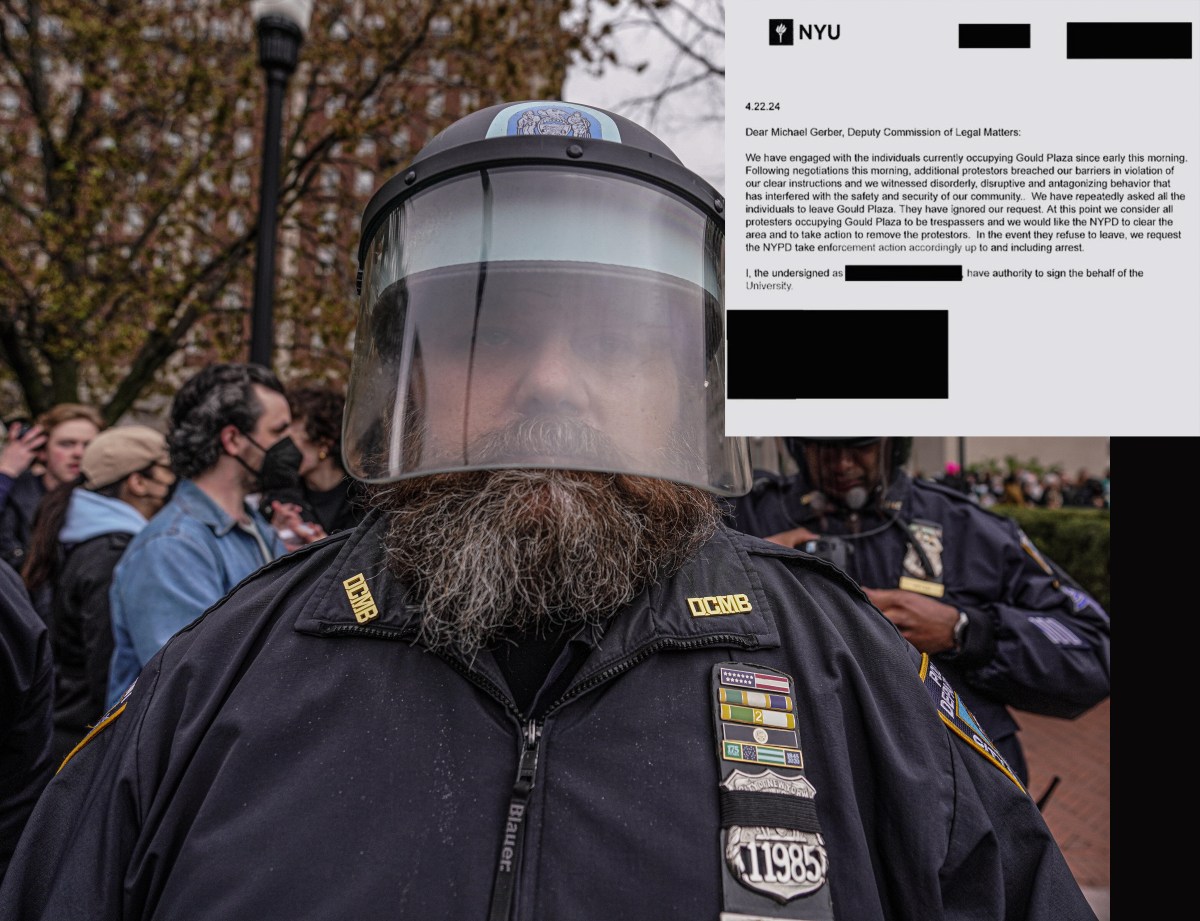WASHINGTON – President Barack Obama plans to sign an executive order Thursday to close the Guantanamo Bay detention centre within a year and halt military trials of terror suspects held there, a senior administration official said.
The executive order was one of three expected imminently on how to interrogate and prosecute al-Qaida, Taliban or other foreign fighters believed to threaten the United States.
The official said the president would sign the order Thursday, fulfilling his campaign promise to shut down a facility that critics around the world say violates domestic and international detainee rights. The aide spoke on condition of anonymity because the event has not yet been announced.
At the request of the White House, Defense Secretary Robert Gates on Tuesday night ordered military trials at Guantanamo to be frozen for 120 days during an Obama administration review.
Military judges then agreed to halt the cases of five men charged in the Sept. 11, 2001, attacks, along with the case of Omar Khadr, a Canadian accused of killing an American soldier in Afghanistan.
An estimated 245 men are being held at the U.S. naval base in Cuba, and 600 others at Bagram Air Base in Afghanistan. Most have been detained for years without being charged with a crime.
A copy of a draft of the executive order, obtained Wednesday by the AP, dealt only with the Guantanamo prison.
“In view of the significant concerns raised by these detentions, both within the United States and internationally, prompt and appropriate disposition of the individuals currently detained at Guantanamo and closure of the facility would further the national security and foreign policy interests of the United States and the interests of justice,” the draft order said.
At least three military prisons – at Fort Leavenworth, Kan., Camp Pendleton, Calif., and Charleston, S.C. – could house some of the Guantanamo detainees, an administration official said. Also under consideration, the official said, is the Supermax prison in Florence, Colo., which houses convicted Sept. 11 conspirator Zacarias Moussaoui and Olympic bomber Eric Rudolph.
A senior Obama administration official said Wednesday that 60 to 120 Guantanamo prisoners may be considered low-threat detainees and transferred to other countries, either for rehabilitation or release. Only Portugal so far has agreed to take some of those detainees, this official said, although diplomatic discussions are ongoing. The official spoke on condition of anonymity because the executive orders have not been issued yet. A State Department spokesman did not immediately know which countries had been asked to accept some prisoners.
Other detainees could be imprisoned in their home countries. And the rest likely will be transferred to prisons in the United States, a plan that many members of Congress oppose.
Public interest and human rights groups that long have wanted the facility shuttered were quick to urge Obama to be more aggressive than the draft order’s proposals.
The Center for Constitutional Rights, which provides many of the Guantanamo detainees with legal representation, said the draft doesn’t give specific steps for closing the facility.
“It only took days to put these men in Guantanamo. It shouldn’t take a year to get them out,” said Vincent Warren, the centre’s executive director.
The draft requires a review of each Guantanamo case to decide whether the detainees should be returned to their home countries, released, transferred elsewhere or sent to another U.S. prison.
House Republican leader John Boehner said he’s open to options, “but most local communities around America don’t want dangerous terrorists imported into their neighbourhoods, and I can’t blame them.”
“The key question is where do you put these terrorists,” Boehner said Wednesday. “Do you bring them inside our borders? Do you release them back into the battlefield? If there is a better solution, we’re open to hearing it.”
Senate Judiciary Committee Chairman Patrick Leahy (D-Vt.) has long contended the United States can handle relocating the detainees “just as it has handled the worst criminals and other terrorists before,” spokesman David Carle said.
It’s also unclear how the detainees would be prosecuted.
The second administration official said the 120-day suspension could be extended indefinitely if the review concludes that current military trial system, devised by advisers to former president George W. Bush, should end.
If that happens, the cases likely will be heard by federal courts under long-standing military or civilian criminal law.
It’s also possible the Obama administration could call for a new national security court system – a hybrid of the two – although the official described that as “a last resort.”
John Altenburg Jr., a retired army general who oversaw the military commissions until November 2006, says Guantanamo should stay open and the tribunals should continue.
Trying detainees in federal courts is problematic, he says, because the evidence was collected “on a battlefield” and may be inadmissible outside the commissions, although “it doesn’t mean the evidence is tainted.”
Two more executive orders are expected in coming days, according to two Obama officials. Those will deal with what methods will be allowed to interrogate terror suspects.
















